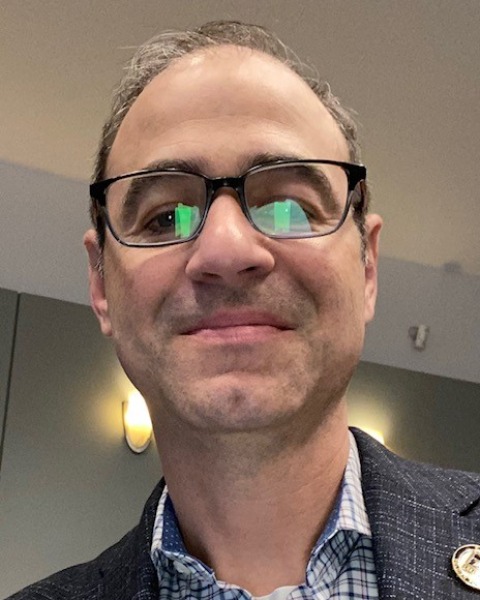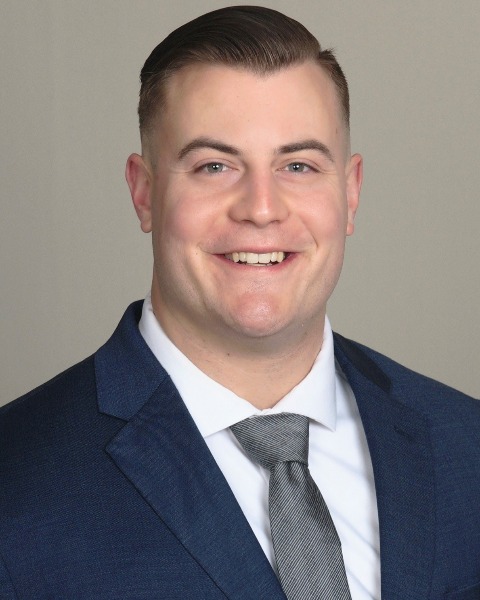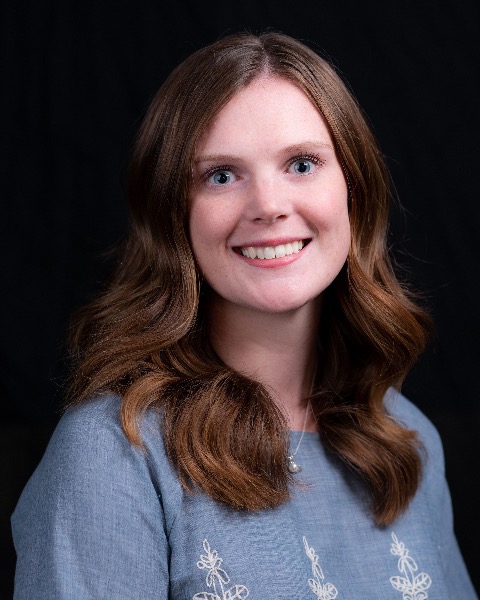Career Development
Community Pediatrics
Core Curriculum for Fellows
Critical Care
Emergency Medicine
Global Neonatal & Children's Health
Hospital Medicine
Neonatology
Trainee
Look First! Learn to Use POCUS to Guide Fluid Resuscitation and Improve Procedural Success in Pediatric Patients
-

Rebecca Sainato, MD, MTM&H, RDMS, RDCS
Associate Professor of Pediatrics
Uniformed Services University
Steilacoom, Washington, United States -
AH
Aicha Hull, MD, MS
AEMUS Fellowship Director
Madigan Army Medical Center, Washington, United States -

Matthew Studer, MD (he/him/his)
Clinical Associate Professor Pediatrics
University of Washington School of Medicine
Seattle, Washington, United States -
JW
JESSE WENGER, MD (he/him/his)
Associate Professor of Pediatrics
Seattle Children's Hospital/University of Washington
Seattle, Washington, United States -
DA
David Ayer, MD
Pediatrician
Maweni Regional Referral Hospital, United States -
BG
Ben Garren, MD (he/him/his)
Assistant Professor in Pediatrics
Uniformed Services University of the Health Sciences, United States -
RH
Richelle Roelandt Homo, MD (she/her/hers)
Neonatal-Perinatal Medicine Fellow
Brooke Army Medical Center, United States -
JM
Joseph Marotto, MD
Pediatric Resident
Madigan Army Medical Center, United States -

Nathaniel Locke, MD (he/him/his)
Pediatric Resident
Madigan Army Medical Center
Lacey, Washington, United States -

Alexandria Martin, MD (she/her/hers)
Pediatric Resident
Madigan Army Medical Center
University Place, Washington, United States -
CB
Catlyn Blanchard, MA, PhD, MD
Neonatology-Perinatology Fellow
John A. Burns School of Medicine/Tripler Army Medical Center
Mililani, Hawaii, United States -

Taylor Duplessis, MD (she/her/hers)
General Pediatrician
Bassett Army Community Hospital
Fort Wainwright, Alaska, United States -
AS
Ashley Smith, MD, MBA (she/her/hers)
Director, Leader and Faculty Development Fellowship Program
Madigan Army Medical Center
Tacoma, Washington, United States
Leader(s)
Co-Leader(s)
Workshop Description: Point of care ultrasound (POCUS) improves time to diagnosis and procedural success while reducing risk of complications. As of 2021, 73% of medical schools integrate POCUS training within their curriculum. It has been a mandatory part of emergency medicine residency training since 2009 and now also required for residents training in family medicine. However, pediatrics has lagged behind other fields of medicine in incorporating POCUS in training and in practice. The highest barrier to adoption has been the lack of trained educators. Procedures in children, including intravenous catheter placement and lumbar punctures, often have lower rates of success than within adults, which is compounded by the anxiety and trauma that they cause for families. Due to its relative low cost and mobility, POCUS can be used to improve procedural success in almost any environment, which is particularly useful in locations that might not have access to pediatric vascular teams, intensivists, or interventional radiologists. Similarly, it provides an additional noninvasive tool to guide management, including volume resuscitation in the tachycardic child. POCUS in the hands of a trained clinician improves the overall quality of care being delivered and can be used to reduce disparities in healthcare equity. In this highly interactive and hands-on workshop, we will introduce participants to 4 exams that correspond to some of the most common procedures in pediatric patients. Not only will attendees get the opportunity to practice these exams, but they will also learn how to begin utilizing POCUS in their own practice.
Learning Objectives:
- Identify scenarios where POCUS has the greatest evidence for guiding volume resuscitation and acquisition of blood, urine, and spinal fluid.
- Perform vascular, bladder, and inferior vena cava exams with ultrasound successfully under the instruction and supervision of those who are trained and proficient in these exams.
- Understand the limitations and common pitfalls of these POCUS exams and develop a plan that allows them to begin using POCUS regularly in their practice.

